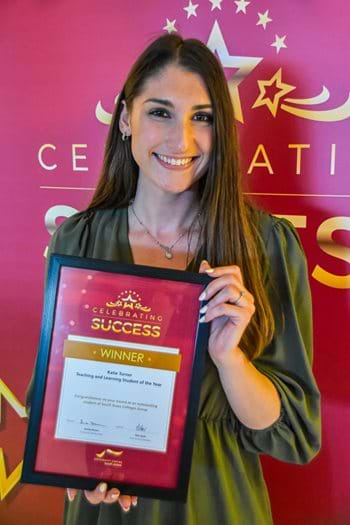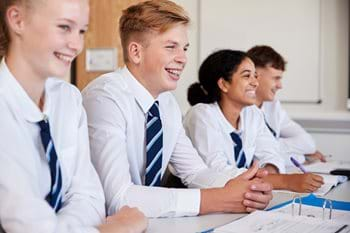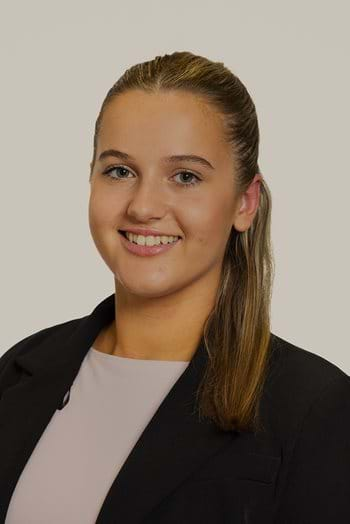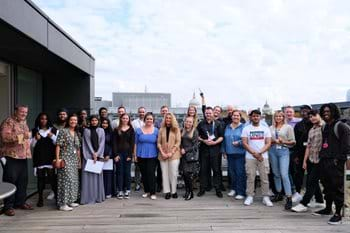The eight Gatsby Benchmarks outlined by the Gatsby Foundation are a framework that schools and colleges can use to improve career guidance, better preparing students for life after education. In this series, we look at each benchmark and offer advice for putting it into practice.
Benchmark 6: Experiences of Workplaces says, "Every pupil or learner should have first-hand experiences of the workplace through work visits, work shadowing and/or work experience to help their exploration of career opportunities, and expand their networks."
For schools, that means by the age of 16 every pupil should have had at least one experience of a workplace, and by 18 they should have had another – all in addition to any part-time jobs they have. For colleges, the guidance is simply that every learner should have had at least one experience of a workplace by the end of their study programme (again, in addition to part-time jobs).
Why is it important?
Research shows almost half of young people aged 17-23 don’t feel prepared for the world of work. Getting real experiences of workplaces through placements, internships, or shadowing gives them an opportunity to apply what they’ve learned in the classroom to a business setting, learn new skills and behaviours they can’t pick up in school, gain invaluable insight that could help guide their career decisions, and begin building a professional network.
Not only that, around 80% of employers think work experience is essential and two-thirds of employers would be more likely to hire a young person with work experience over someone with none. So being able to put work experience on their CV also improves young people’s professional prospects when they enter the world of work.
How should it work?
Create Access
The first step is building relationships with local employers who can offer work experience for your students. Businesses with existing work experience programmes often promote them on their websites, but it’s also worth reaching out to local businesses of all sizes to suggest a new partnership – with ESG (Environmental, Social and Governance) policies becoming an increasing priority for many, it could produce a mutually beneficial arrangement.
Once you’ve sown the seed, be sure to nurture your relationships for future years. Establish a point of contact on both sides, stay in regular communication, and if possible work out an annual schedule that works for both of you. The more familiar your school is with the business and vice versa, the easier and more successful your work experience programme will become.
"It's all about planning and being upfront about what's required," explains Visionapth founder Patrick Philpott. "If you're looking for placements in July, start contacting target employers in January to set up placements. Make it as easy as possible for them, explain exactly what the employer will need to do to prepare, and emphasise the benefits. What can your young person bring to that business for a week?"
Prepare
To make the most of their work experience, students should prepare by outlining what they want to get from it. Encourage forward-thinking by hosting group sessions or individual meetings with students to establish goals and plan how their work experience can support them. Where possible, communicate goals with employers before the work experience begins and encourage a collaborative approach – between your careers lead or relevant member of staff, the line manager or business point of contact, and the student themselves – to achieving them.
Practical preparation is also crucial for students to feel confident and deliver on expectations, especially when dealing with young people from diverse backgrounds who may not have professional adults to turn to for guidance and advice. Make sure they’re clear on what they should wear, what they should take with them, and how they’ll travel to the placement.
Evaluate
Schedule a debrief with all students after they’ve finished their work experience to not only encourage reflection, embed learnings, and identify key areas for progression for students, but also to collect feedback you can use to improve the programme.
Revisit students' original goals to see if they’ve been achieved or even changed. It might also be useful to think in terms of 'What?', 'So what?', and 'What now?' to help young people think about what they learned, what it means to them, and what they'll do with it going forward.
–
Gaining experiences of workplaces is crucial for students to develop workplace-specific skills and behaviours, make more informed career decisions, and enhance their prospects with employers. Creating a structured work experience programme is particularly important for socially diverse young people, who may not otherwise get this sort of access.
With more than a decade of experience connecting schools with local businesses and inspiring young people to think about their professional futures, Visionpath could be the ideal partner to support your careers lead in creating a programme that makes a real difference for students entering the workforce. Check out how we work with schools, or get in touch.
To read more about the Gatsby Benchmarks, check out our posts on A Stable Careers Programme and Addressing Needs & Personal Guidance.













































































